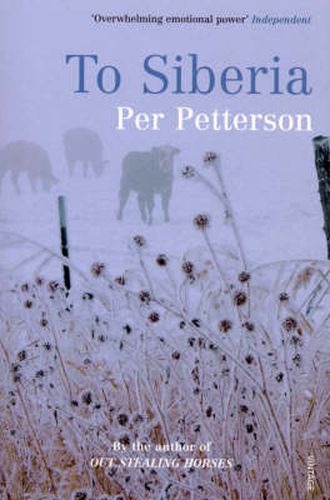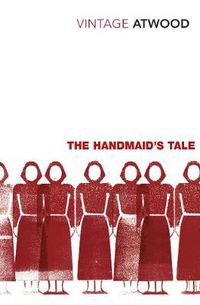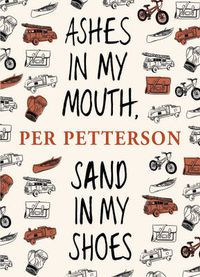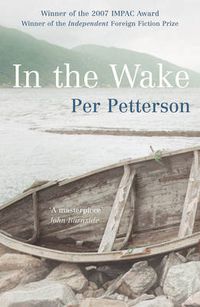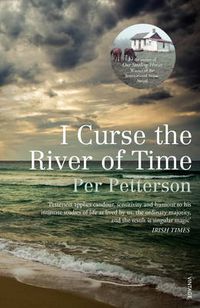What I loved: To Siberia by Per Petterson
Readings Monthly
It is possible to think about reading as a series of turning points. Every now and then, a book comes along like a shock – making and breaking, staying with you. It’s an ‘ah’ moment of recognition, when you finally realise that writing can be done like that, often leading to a whole new plane of discovery. Thus far, I can count my history of such books on the one hand: Margaret Atwood’s The Handmaid’s Tale, Joan Didion’s Slouching Towards Bethlehem, Kazuo Ishiguro’s Never Let Me Go and, most recently, Per Petterson’s To Siberia.
Petterson, a Norwegian novelist and former bookseller, is known to many for his award-winning fifth novel, Out Stealing Horses. To Siberia is actually his third book, but was only translated into English after the fact, in 1998. It is for me, though, one of his best. Here, an unnamed woman looks back on her girlhood and adolescence in a remote, windswept coastal town at the northernmost part of Danish Jutland. It is the 1930s, when life is hard and seemingly unshakable, and the Nazis are just about to invade. Our narrator’s father is a tireless, distant worker, her mother quietly and deeply religious and her grandfather prone to rages and suicidal thoughts.
But it is the girl’s brother, Jesper, who is the real and beating life force of the novel – charismatic, daringly political and on the verge of adulthood himself. The siblings are their own nucleus, each other’s world entire. Indeed, as the years pass, the depth of their bond grows infinitely more complex, and, at times, unnervingly intimate. It is a tender closeness that is all the while accompanied by a gentle mourning of the distance that will inevitably separate them as boy and girl, older and younger, traveller and returned, the passed away and the living. For, as we are told at the start of the book, Jesper ‘has been dead for more than half my life’, and his absence is the nexus on which To Siberia turns.
As with all of Petterson’s novels, the natural world forms a harsh and beautiful exterior to the story. The prose, and the author’s eye for detail, is nothing short of drug-like, full of bitter Scandinavian cold and frozen shorelines. There is equally an almost nostalgic attachment to the idea of the working class. A character’s line from I Curse the River of Time, Petterson’s most recent novel, could almost be the author’s own: ‘“I’ve always liked that type: working class but at the same time fiercely individualistic … [The] rebellious, drinking, fuck-you type.”’
This is the only one of Petterson’s novels written from a female perspective, and it is his ability to capture those private, transformative moments that also truly make this book for me:
‘I stand in the middle of the floor distanced from all things and think I will always remember myself like this, alone on the black and white tiles in the yellow blouse and the semi darkness, and I raise my arms and stretch them out and slowly turn my body around … I am seventeen, and my dance is so slow that nothing is lost of what is me up to this day.’
Jessica Au is the editor of the



